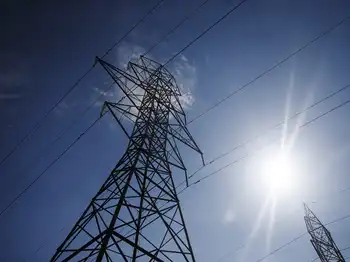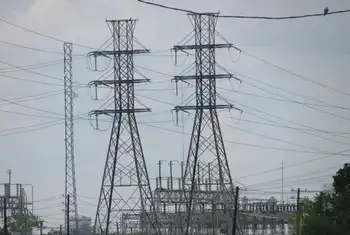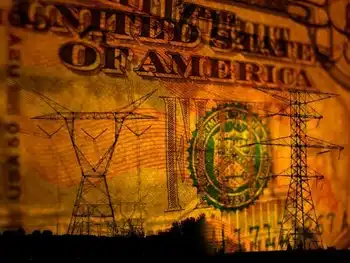Advanced turbine cuts fuel use, emissions
GE Energy is introducing an upgraded Frame 7FA gas turbine to help power plant operators reduce costs and emissions, the company said in a release.
U.S. utilities are expected to build more gas-fired plants in the next decade due to increasing gas supply and the uncertainty of costs tied to proposed carbon legislation.
A typical combined-cycle plant using two new 7FA gas turbines with a single steam turbine would save $2.1 million per year at a gas price of $6 per million British thermal units, the company said, compared to a plant with GE's existing 7FA turbine.
The more efficient plant would also avoid emissions of 19,000 metric tons of CO2 annually compared to the earlier version, GE said, the equivalent of the heat-trapping emissions of nearly 3,800 cars.
"We have amassed technological advances from across our expansive portfolio of power generating and aviation turbines and delivered them in this upgraded 7FA turbine," said John Reinker, general manager of gas turbine products for GE Energy.
Natural gas power plants emit only about half the CO2 of traditional coal-fired plants. CO2 is the primary gas blamed for global warming.
GE said it will manufacture the upgraded 7FA turbine in Greenville, South Carolina, and begin shipments in early 2012.
Some of the first new 7FA turbines will be used at the proposed 586-megawatt Oakley Generating Station in Oakley, California. The plant is being developed by Radback Energy and is expected to be transferred to Pacific Gas and Electric Co after reaching commercial operation, GE said.
Related News

B.C. electricity demand hits an all-time high
VANCOUVER - BC Hydro says the province set a new record for peak electricity demand on Monday as temperatures hit extreme lows.
Between 5 and 6 p.m. on Dec. 27, demand for electricity hit an all-time high of 10,902 megawatts, which is higher than the previous record of 10,577 megawatts set in 2020.
“The record represents a single moment in the hour when demand for electricity was the highest yesterday,” says Simi Heer, BC Hydro spokesperson, in a statement. “Most of the increase is likely due to additional home heating required during this cold snap.”
In addition to the peak demand record on…




